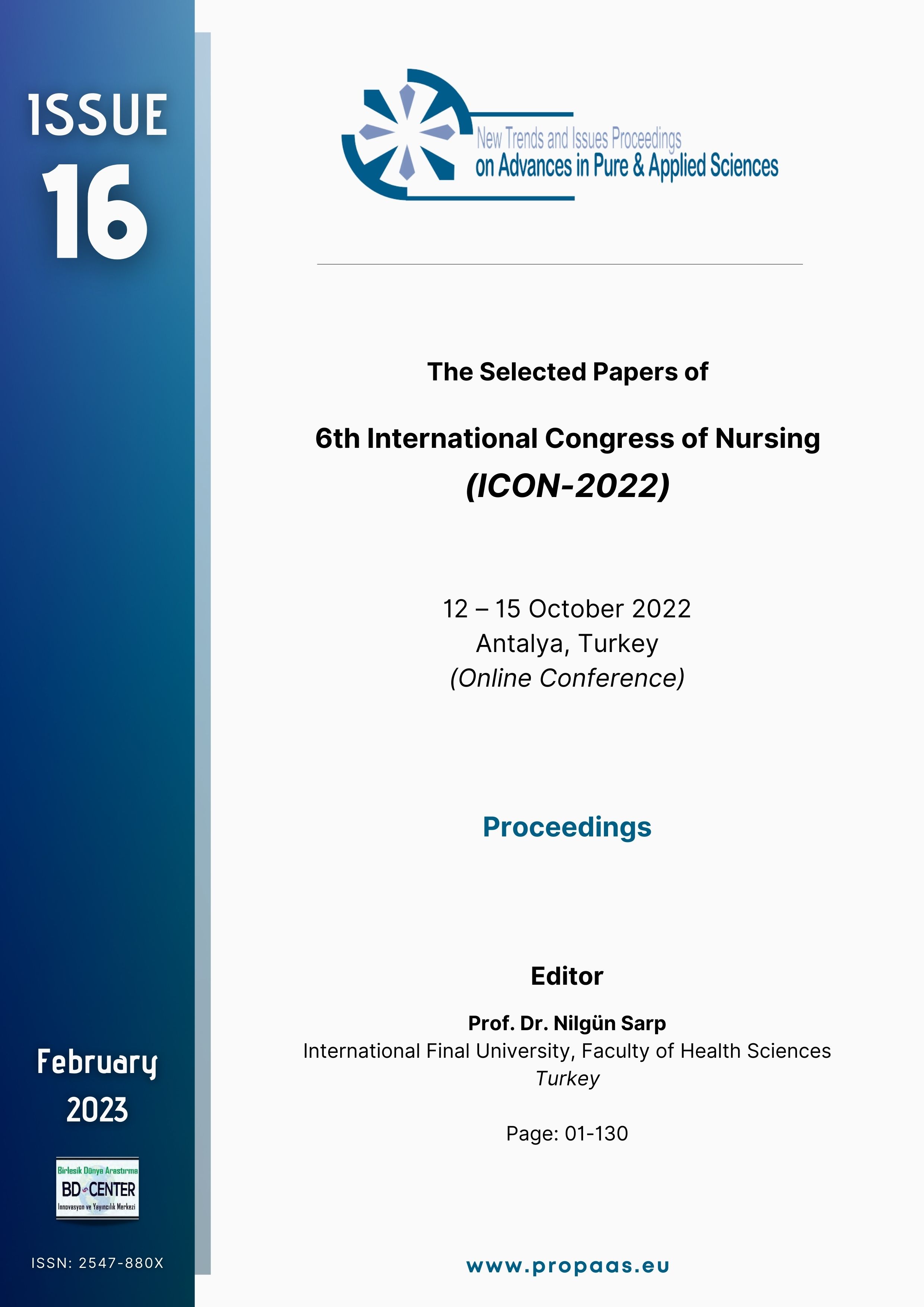A study of colorectal cancer screening behaviors, benefits, and barriers among people aged 50 to 70
Main Article Content
Abstract
This study was conducted as a descriptive study to find out the colorectal cancer screening behaviors, benefits, and barriers perceptions of individuals between the ages of 50 and 70. The study was carried out with the participation of 271 individuals who were referred to a university hospital and who agreed to participate in the study. The data were collected by using a questionnaire form which consisted of 14 questions prepared by the researcher consistent with the literature, to find out the sociodemographic characteristics of individuals and their behaviors about colorectal cancer and “Instruments to Measure Colorectal Cancer Screening Benefits and Barriers.” An analysis of the data was conducted using the Kruskal-Wallis test, the Mann-Whitney U test, and one-way ANOVA. In this study, in line with the scores of individuals from Instruments to Measure Colorectal Cancer Screening Benefits and Barriers factors, the participants were found to have a high level of Fecal Occult Blood Test (FOBT) Benefits, FOBT Barriers, Colonoscopy Benefits, and Colonoscopy Barriers perceptions.
Keywords: Colorectal cancer; early screening; FOBT barrier.
Downloads
Article Details
- Authors retain copyright and grant the journal right of first publication with the work simultaneously licensed under a Creative Commons Attribution License that allows others to share the work with an acknowledgement of the work's authorship and initial publication in this journal.
- Authors are able to enter into separate, additional contractual arrangements for the non-exclusive distribution of the journal's published version of the work (e.g., post it to an institutional repository or publish it in a book), with an acknowledgement of its initial publication in this journal.
- Authors are permitted and encouraged to post their work online (e.g., in institutional repositories or on their website) prior to and during the submission process, as it can lead to productive exchanges, as well as earlier and greater citation of published work (See The Effect of Open Access).
